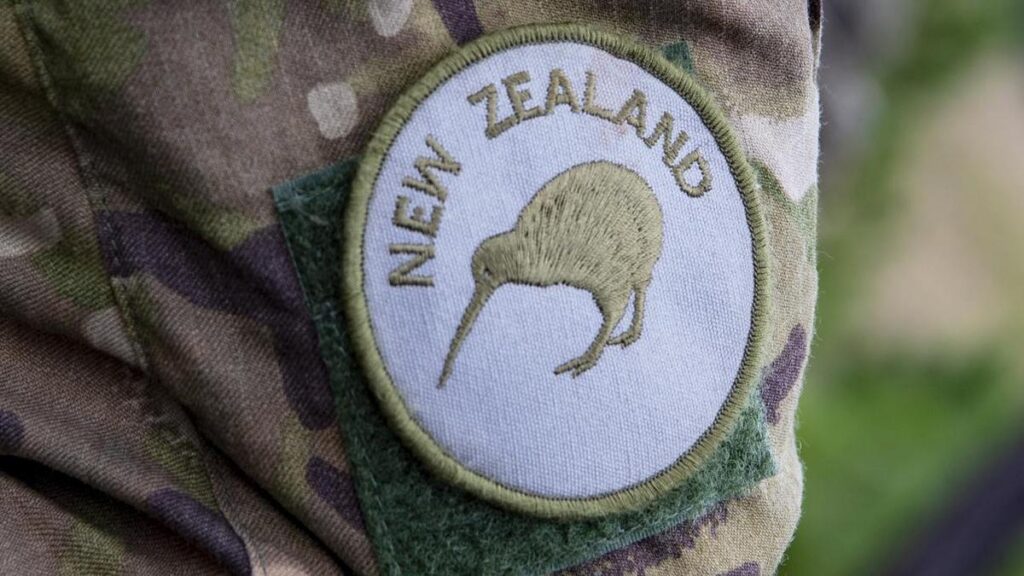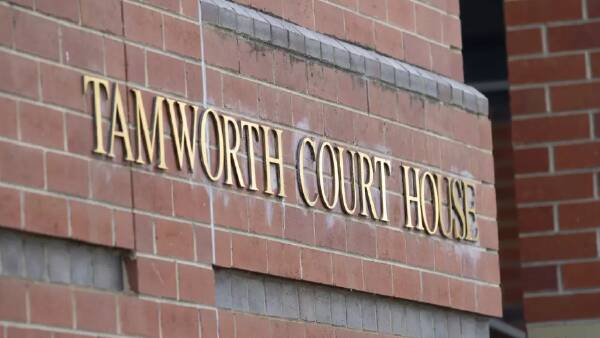
UPDATE: A New Zealand soldier has made history by pleading guilty to attempted espionage, marking a significant moment in the nation’s military justice system. This unprecedented conviction was confirmed in a military court on October 16, 2023, the first of its kind since New Zealand’s inception.
The soldier, whose identity remains withheld, was accused of trying to pass sensitive military information to an undisclosed foreign power in 2019. Court documents revealed that he attempted to relay critical data, including base telephone directories, maps, and access credentials for military networks. The charge emphasized that his actions were “likely to prejudice the security or defence of New Zealand.”
In a shocking twist, the soldier believed he was communicating with a foreign agent, but he was, in fact, interacting with an undercover New Zealand police officer. This operation arose from heightened concerns following the March 15, 2019 mosque attacks in Christchurch, where 51 people were killed by a white supremacist gunman.
As part of the investigation, the soldier was linked to extremist groups and had previously expressed a desire to defect. During a search of his hard drive, authorities discovered a copy of the live-streamed footage of the Christchurch massacre and the gunman’s manifesto, both of which are illegal to possess in New Zealand. The soldier admitted guilt on this charge as well, joining others convicted for sharing the terrorist’s banned material.
In court, his lawyer, Steve Winter, defended him by stating that the nationalist groups he associated with were merely “groups of friends with similar points of view.” However, the soldier denied endorsing the Christchurch shooter’s ideology, as reported by Radio New Zealand.
In addition to espionage, he pleaded guilty to accessing a military computer system for dishonest purposes. Each of his three charges carries a maximum prison sentence of 7 to 10 years. A military panel is expected to announce his sentence within days.
This case is particularly noteworthy, as it is the first espionage charge in New Zealand’s military courts since 1975, when a public servant was acquitted of similar allegations involving Russian agents. The implications of this conviction could resonate across the nation as New Zealand grapples with the complexities of national security and extremism.
As developments unfold, the nation watches closely, highlighting the urgent need for vigilance against internal threats. The outcome of this case may set a precedent for how New Zealand addresses espionage and military integrity in the future.






